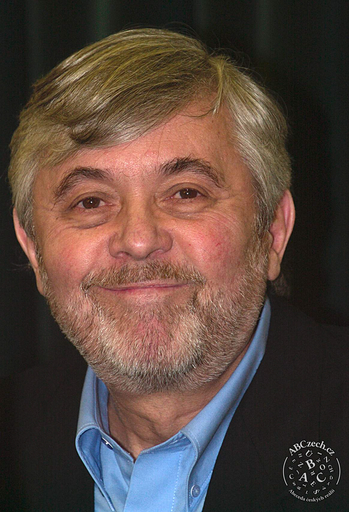
A popular film and theatre actor. One of the most in-demand film and television actors in the Czech Republic in the 1960s to 1980s.

Non-professional theatrical activities that are a part of Czech theatre, as well as a unique phenomenon in the European context.
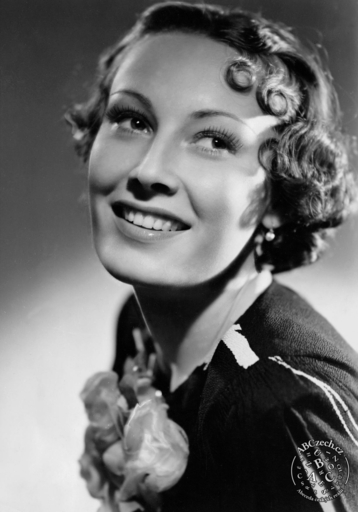
Film and theatre actress of European importance. She is regarded as one of the most beautiful stars of the silver screen in the interwar period of the 20th century.
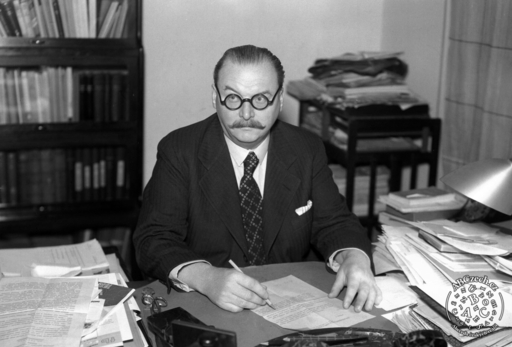
Journalist and writer from the Lidové noviny school of journalism, author of song lyrics, short prose and one-act plays. An important representative of Czech literary cabaret.
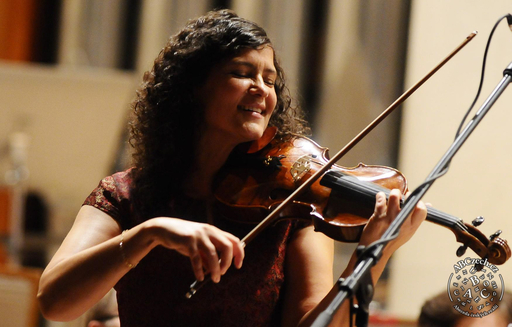
Czech singer, violinist and composer who combines violin music with original singing. She was an actress in the Goose on a String Theatre in Brno until the second half of the 1980s and is also known for her role of Eržika in the film Ballad for a Bandit (Balada pro banditu).
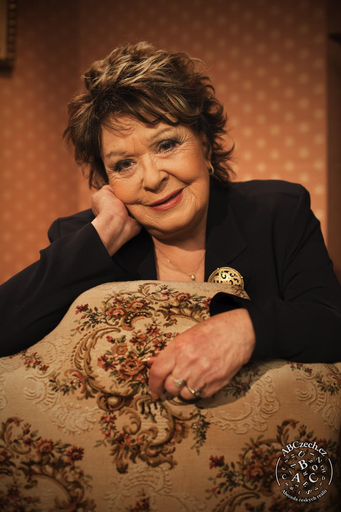
Film, television and theatre actress, presenter and hostess, narrator of fairy tales. One of the most popular Czech comedy actresses of the second half of the 20th century.
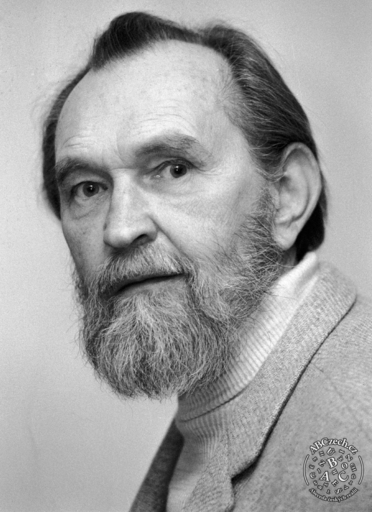
Poet, prose writer, dramatist, philosopher and an influential figure of Czech underground. His verses were set to music by the band Plastic People of the Universe.

Dramatist and dramaturg famous for his history plays. He also translated and introduced the genre of conversational comedy into Czech repertoire.
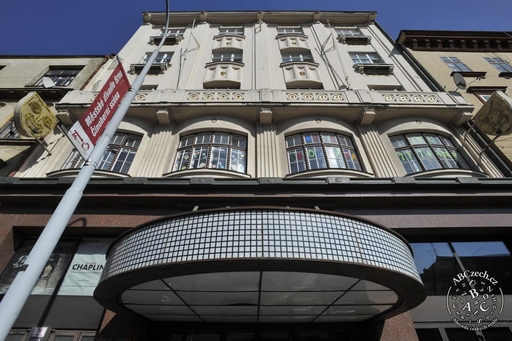
Theatre in Lidická Street in Brno. It was known as the Mrštík Brothers Theatre for several decades. It focuses on drama and musicals. It is one of the most popular theatres in the Czech Republic.
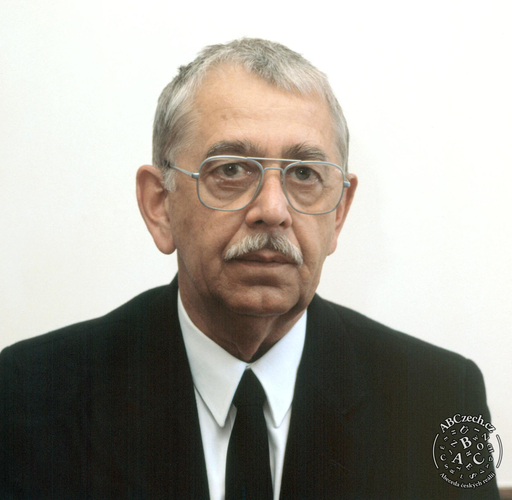
Famous Czech theatre, film, radio and television actor and voice actor, also known abroad. He became famous for portraying diffident, dreamy, and melancholic antiheroes, but also as a narrator of radio fairy tales.

Czech dancers, founders of Les Ballets Bubeníček. Jiří is an accomplished modern ballet choreographer and Otto is a scenographer and costume designer.
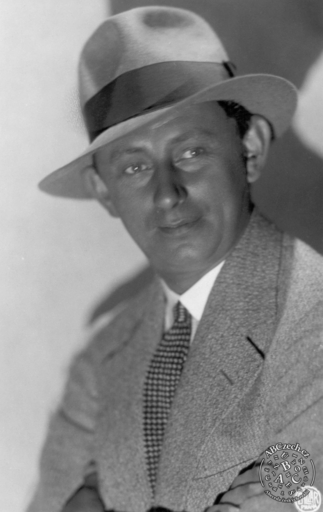
Theatre and film actor, comedian, mime, imitator, singer, writer, theatre director, entrepreneur and sportsman, known also abroad. One of the most famous and popular Czech actors of the First Czechoslovak Republic, called “the king of comedians”.
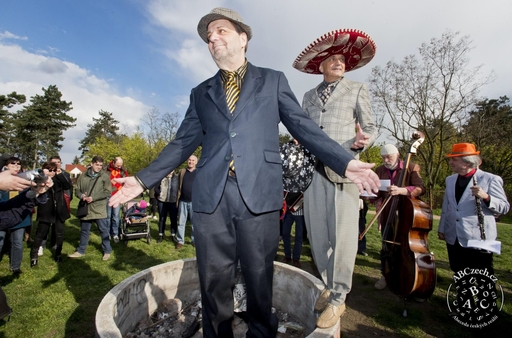
A popular independent, initially underground, Czech theatre with predominantly authorial poetics. It is a part of the Prague Five. It is located in the Dobeška theatre venue in Prague.

A developmental phase of Czech theatre, beginning approximately in the middle of the 17th century and end ending in the late 18th century. It involved the development of both professional and amateur theatre. It is connected with the construction of the first theatre buildings.

A phase in the history of Czech theatre, mostly in the 16th and 17th centuries. It is connected with the development of education system.

The period of the beginning of Czech theatre, dating to as early as the 12th century. It is closely connected with the Christian tradition.
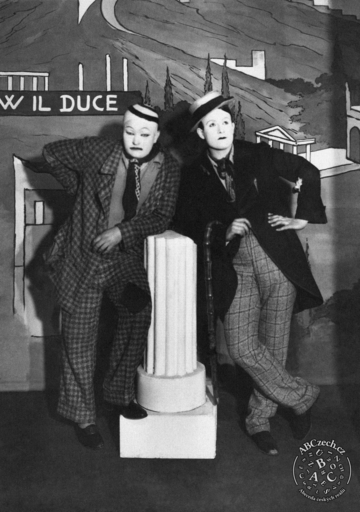
Profession which played an important role in Czech theatre and society. The tradition of Czech professional acting dates from the 18th century.

Economically and socially transformed network of theatres influenced by changes brought by the 1989 revolution. The tradition of small theatres developed and was inspired by contemporary European theatre trends.

The beginnings of Czech theatre criticism date from the first half of the 19th century. Czech theatre criticism is connected with the publication of periodicals focusing on theatre.
2016-2020 ABCzech.cz - © Filozofická fakulta Univerzity Karlovy
Content from this website may be used without permission only for personal and non-commercial purposes and with the source cited. Any other use is allowed only with the authors' consent.
This web application Sonic.cgi meets GDPR requirements. Current information can be found here.